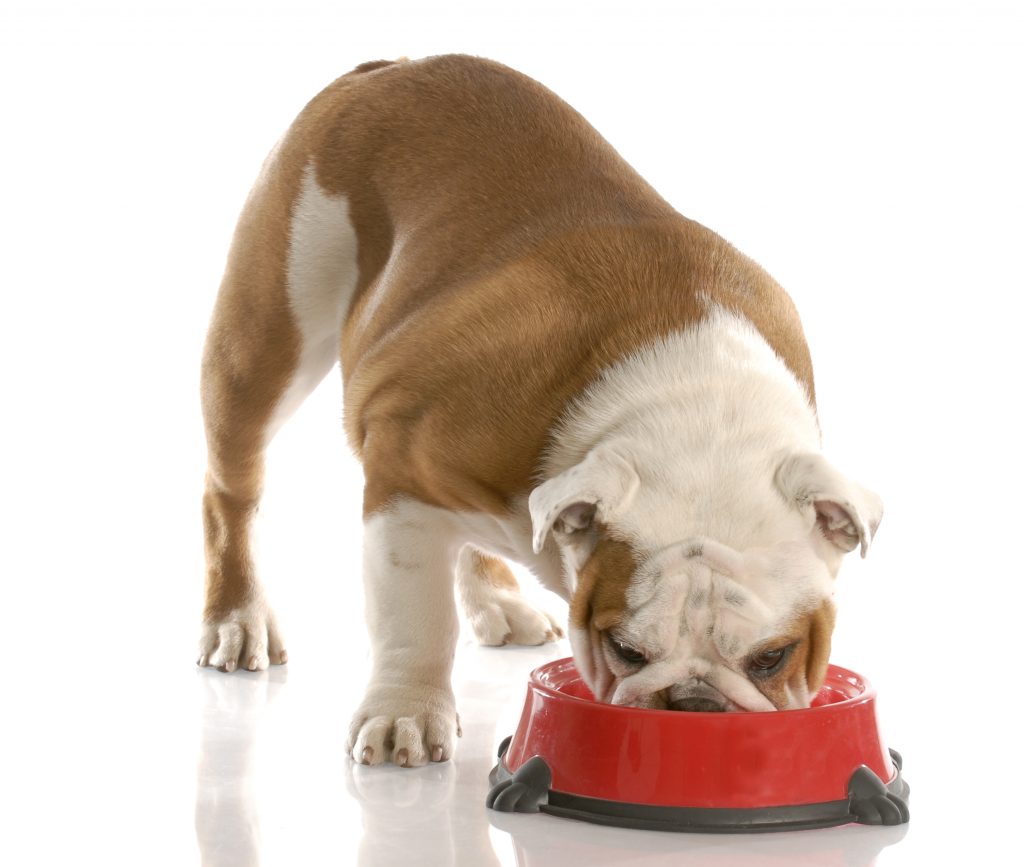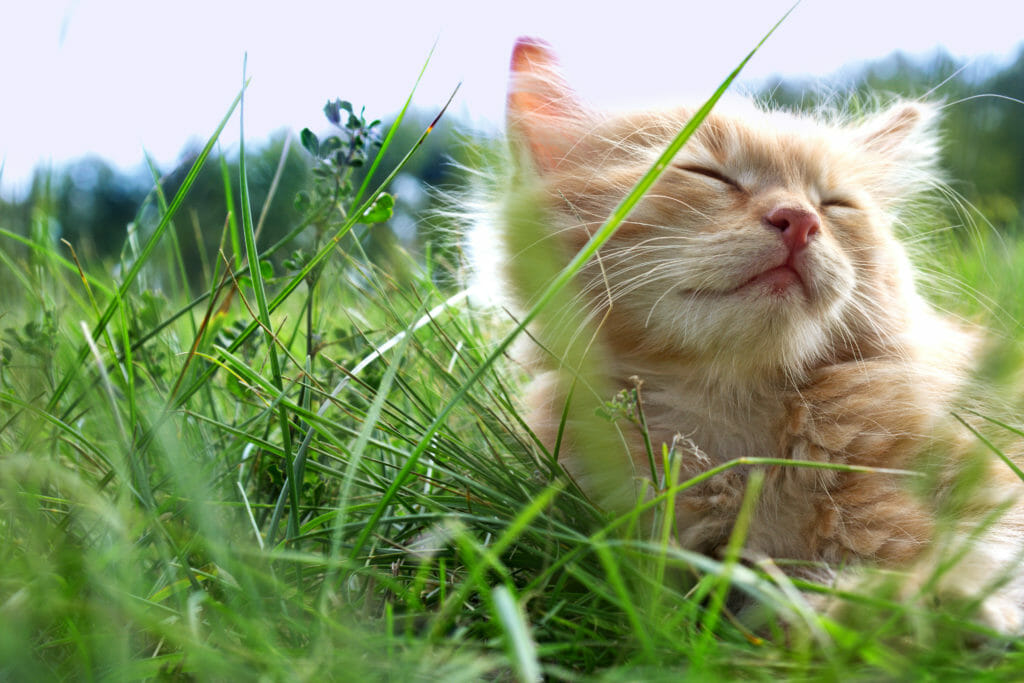Proper nutrition is very important for a happy and healthy life. Here are 5 key facts to consider when choosing a food for our companion animals.
1) Manufacturers: Choose a food that has been tested in actual food trials, not just by its nutritional analysis. If phrases such as “feeding trials” or “feeding tests” are not used, it wasn’t tested on real animals. Words to the effect of “meets the standards of AAFCO*” only mean that it achieves the biochemical analysis certification and not that it was actually tested on live animals. Also look for “manufactured by” not the words “manufactured for”. A company that manufactures its own food has higher quality assurances and better insight into the processing than a company that outsources its manufacturing. Providing a phone number on the label also assures you a company is open to answering your questions and adds a layer of transparency and trust and offers a qualified person that can deal with complaints or recommendations.
*AAFCO=Association of American Feed Control Officials – a voluntary membership association of local, state and federal agencies charged by law to regulate the sale and distribution of animal feeds and animal drug remedies*
2) Check with your veterinarian for recommendations. They know your pet’s history and can provide the best recommendation for your pet’s life stage or medical condition. Most animals will thrive on a good quality diet, but when they become sick or injured or develop a medical condition, a prescription diet may be recommended as these diets are specifically designed to meet unique needs
3) Feed a “LIFE STAGE” diet – puppy/kitten, adult maintenance, senior. Do not choose a diet labeled “for ALL life stages”. Each life stage of an animal has specific nutritional requirements – an “ALL” life stage food will not meet these requirements, especially for our senior pets as they do not require the extra calories and mineral contents that a young animal requires.
4) Don’t be fooled by catch phrases, myths and trends surrounding food contents. There is a lot of marketing that goes into food sales and foods labeled as “Holistic” “Organic” “All Natural” does not mean that they are the best choice. There are no legal standards surrounding these claims. Other claims such as “grain free”, “corn free” “no by-products” can also be misleading – these components actually provide important nutritional value and should not be overlooked.
5) Raw Diets – The CVMA ( Canadian Veterinary Medical Association ) holds that “the documented scientific evidence of potential animal and public health risks in feeding raw meats outweigh any perceived benefits of this feeding practice”. Pets fed raw meats can shed potential bacterial pathogens in their stool, posing a potentially significant risk of zoonotic diseases (animal to human transmission of disease). Handling of raw meats also holds this potential. Homemade diets can be a very viable option if formulated to be completely balanced nutrition. Always contact a trusted healthcare professional to ensure the formulation/ingredients meet our pet’s unique needs.
There are many factors to consider when choosing a healthy diet for our beloved pets, and it can become overwhelming.
Educating yourself is the first step! Please don’t hesitate to ask questions and be proactive — we are here to help 🙂
Written by Leanne Currie




